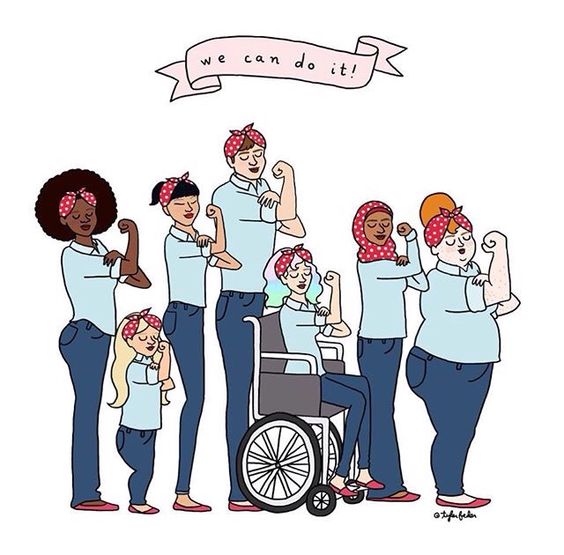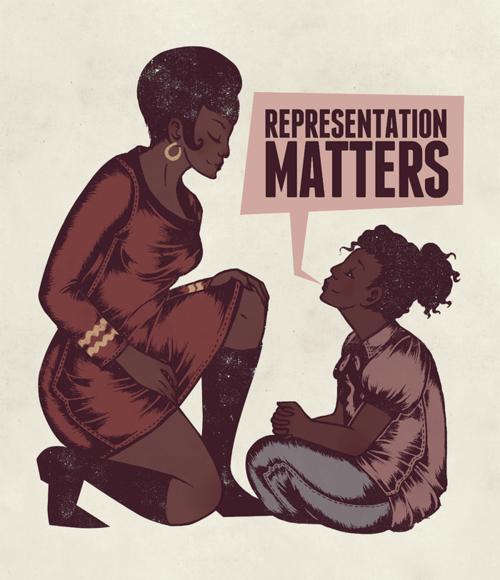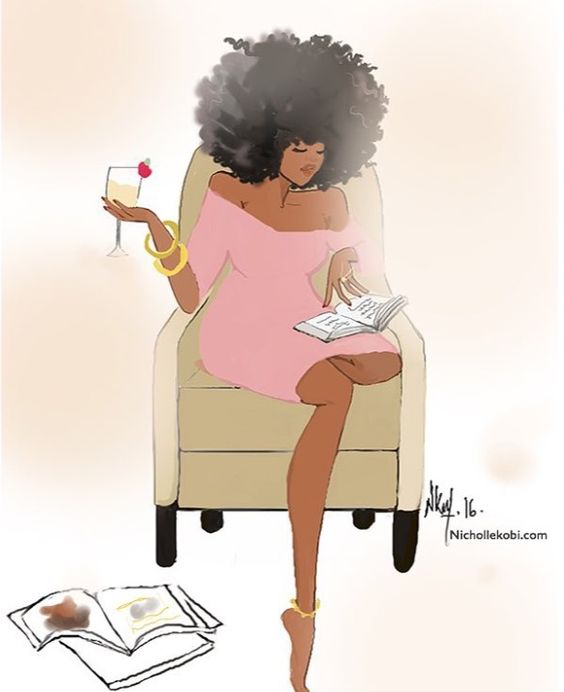 At first, I was only going to write about what feminism means to me because after all, everyone these days seems to be a feminist and yet so many people have different interpretations of feminism. But recently, I have noticed that people are still struggling to grasp what feminism is at its most basic definition. There is still a significant stigma behind the word and there are many people going around explaining (and mansplaining) what they believe that it is.
At first, I was only going to write about what feminism means to me because after all, everyone these days seems to be a feminist and yet so many people have different interpretations of feminism. But recently, I have noticed that people are still struggling to grasp what feminism is at its most basic definition. There is still a significant stigma behind the word and there are many people going around explaining (and mansplaining) what they believe that it is.
I don’t have an issue with most of the varied interpretations of what feminism means to people who identify as feminists because it is usually related to how each person practices or displays their feminist views in their own lives. But I do have a huge problem when people who aren’t feminists decide that they know exactly what feminism is when, in fact, they don’t. I have heard the usual – ‘feminists are women who hate men’ and ‘feminists are lesbians.’ Sadly, I’ve heard these definitions from just as many women as I have men.
But the other day I found out that some men are in the practice of swiping left when a woman’s profile reads, “feminist.” While I’m sure the women are better off without a date with these men, it was still puzzling to me. But my confusion turned to disgust when I learned some of the reasons why a woman identifying herself as a feminist would be a turn-off for some men. But, to protect the innocent, I won’t even get into those reasons. Just know that they are gross.
For all of those who don’t know, feminism is the belief that women and men should have equal rights. That’s it. It isn’t a hard concept. I guess it’s difficult for people to understand in the same way some people will never get that #BlackLivesMatter means that Black lives are just as important as White, Yellow, Purple, Brown and even *gasp* Blue lives, so we should start acting like it. More and more every day I wish that some people would just pick up a book and read it.
Anyway, I like to believe that I was a feminist before it was the thing for “strong, independent” women (and men who were ‘down for the cause’) to be. Even though some people still think of unshaven underarms and bra-burning when they hear the word feminist, today you hear one celebrity after another claiming to be a feminist. I’m not hating on that at all, I’m just saying it has become a bit of a fad, complete with its own key phrases – “lean in”, the “shine theory”, and even “pop feminism” (think Taylor Swift).
I’ve always had kind of off-center ideas about what a woman should be expected to do and how women should be expected to act. But before I knew exactly what the word feminist actually meant, I just figured I was thinking as if I was a man, which just goes to show that I was still being constrained by traditional, stereotypical gender roles, despite my liberal ideas. It wasn’t until two of my male friends called me a feminist that I began to look more into feminist theory. Sure, one was playfully mocking me, but the sound of the word in reference to me sounded very fitting.
Today, I know that feminism is the belief that women should have the same opportunities and rights that men have. But to me, more specifically, feminism is also the belief that women should have the freedom to be the kind of people they want to be, just as men are able to do so without question. Our personalities and our dreams shouldn’t be stifled or drowned out by what society expects from us solely based on the fact that we are women. Continue reading →








